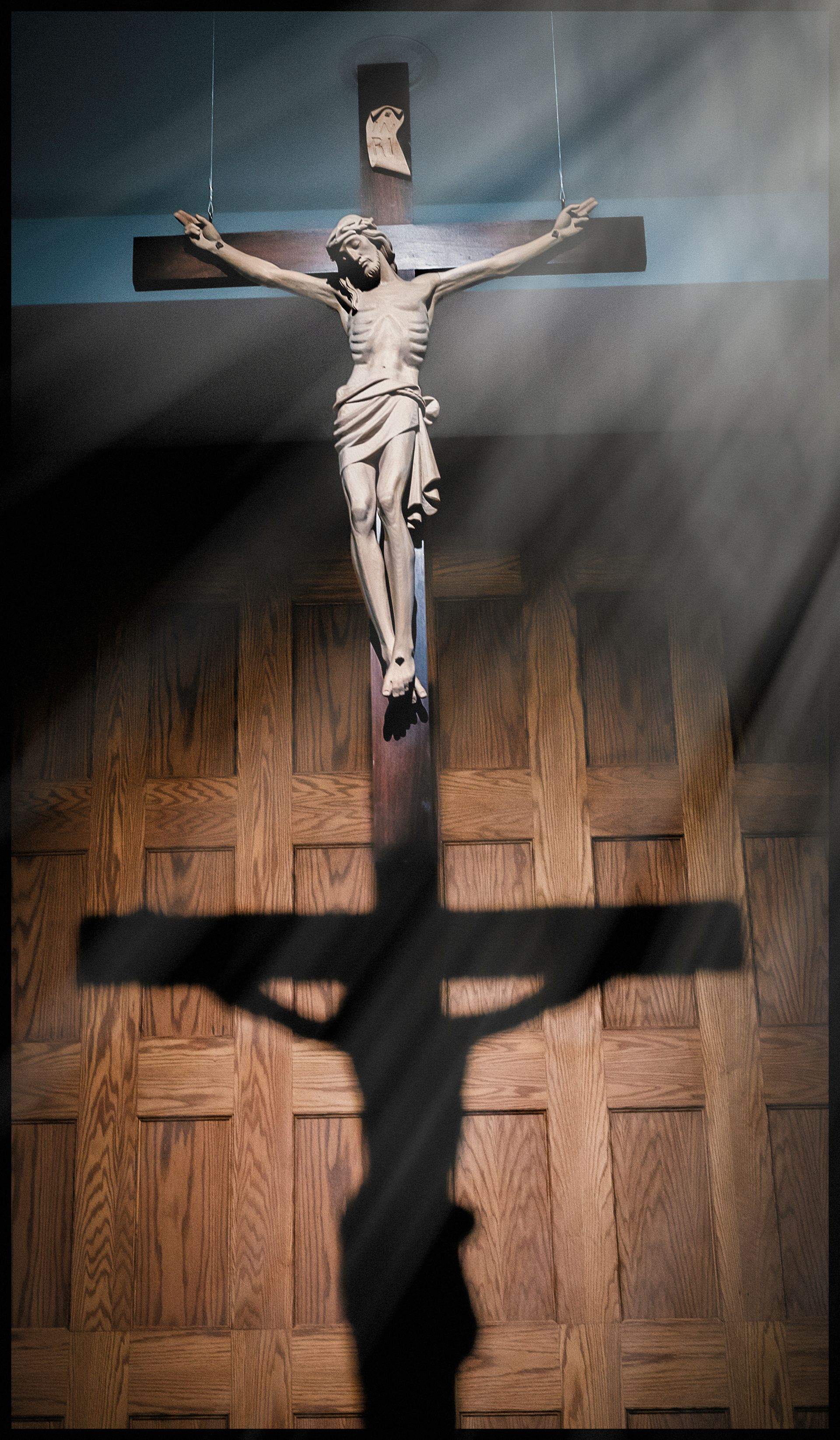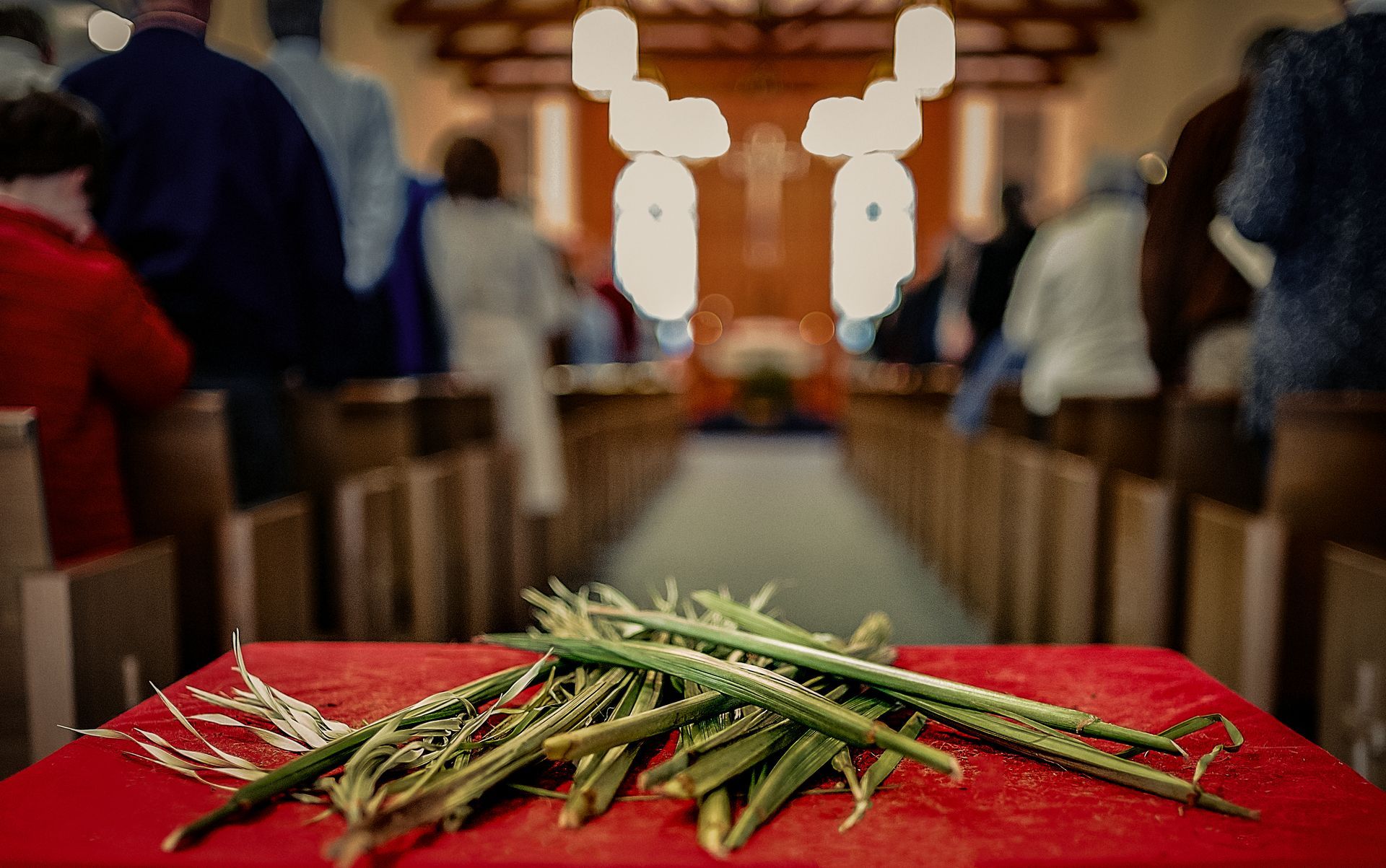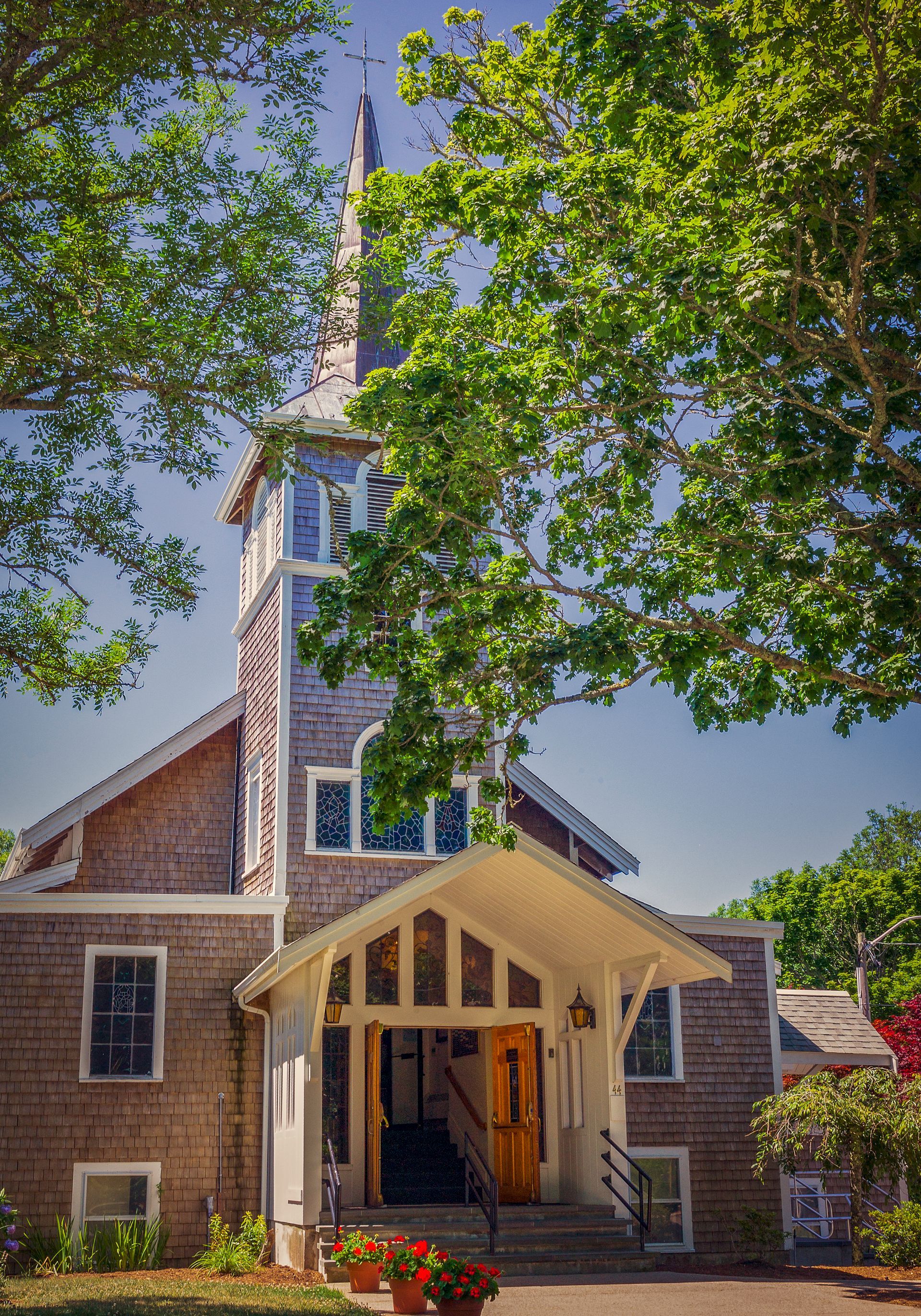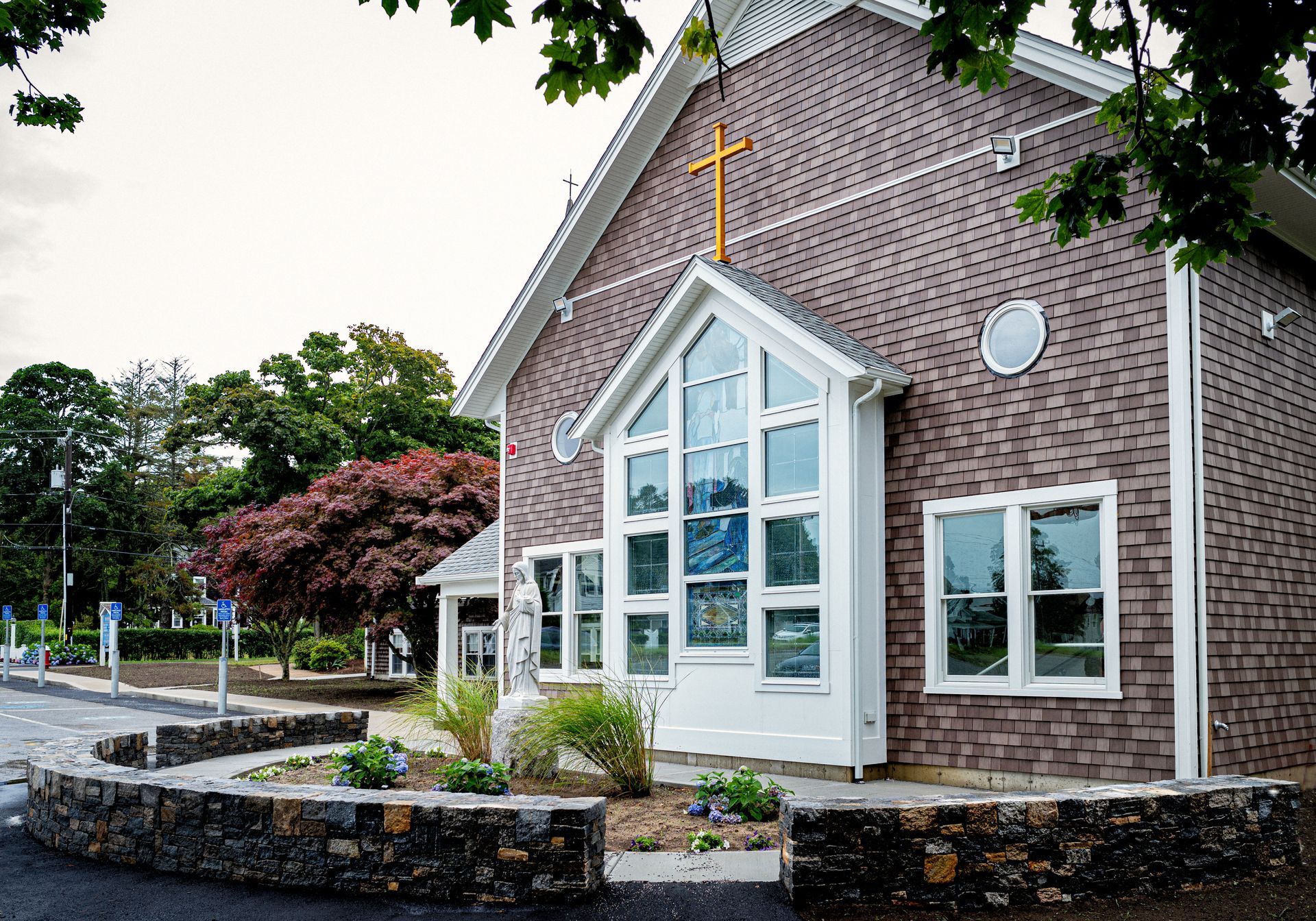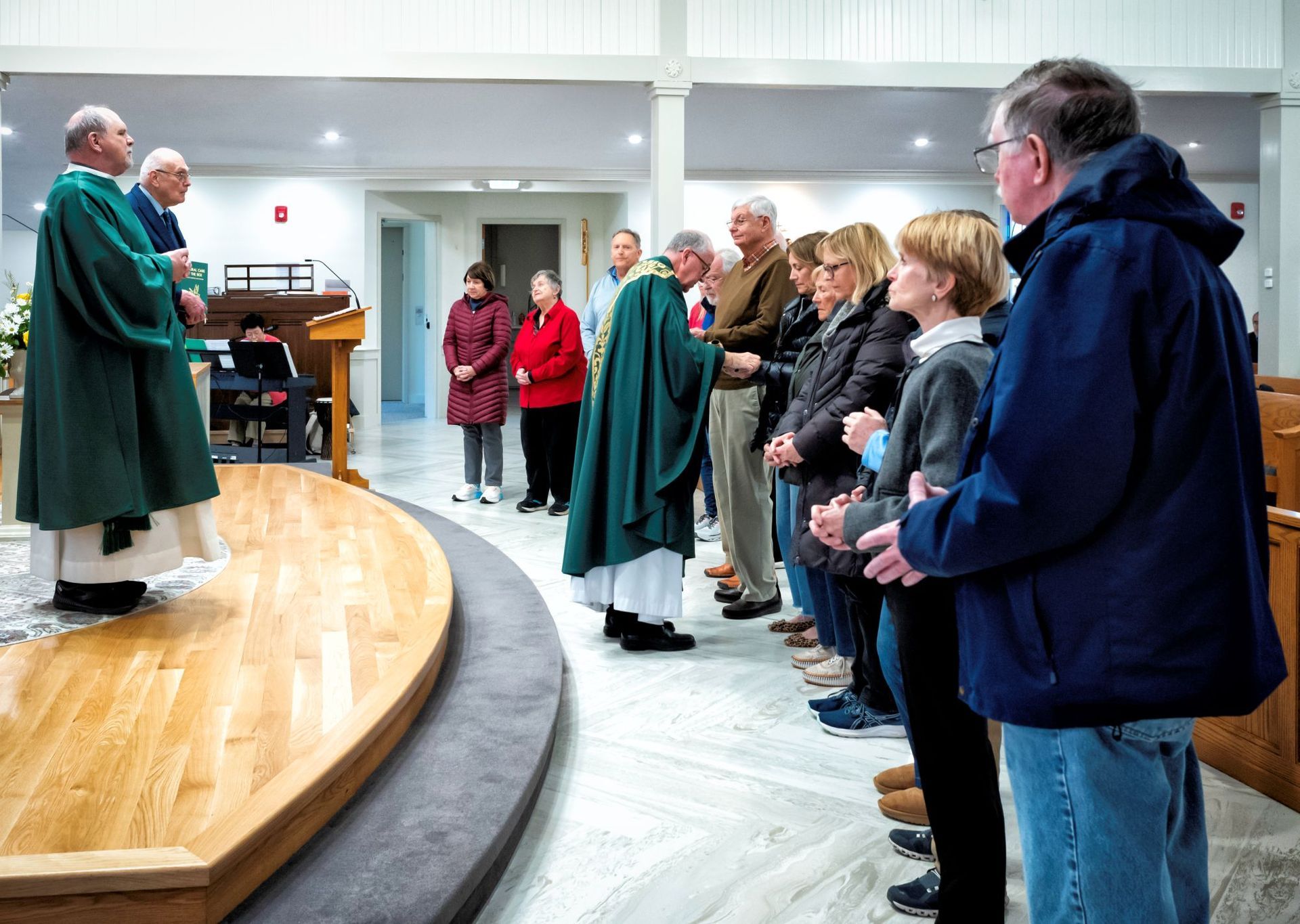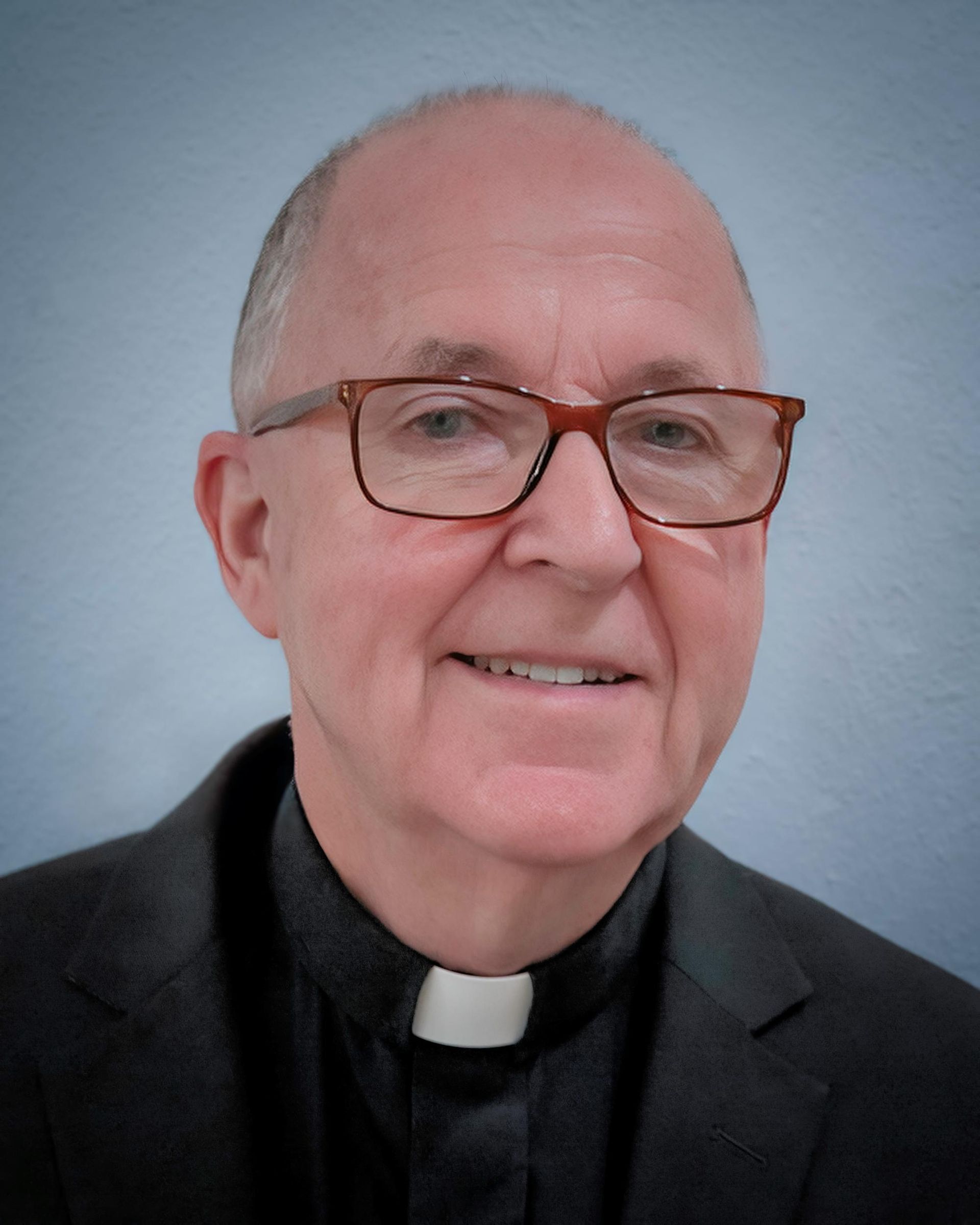4th Sunday of Lent Homily
4th Sunday of Lent- Fr. John Sullivan
“What has been, that will be; what has been done, that will be done. Nothing is new under the sun! Even the thing of which we say, “See, this is new!” has already existed in the ages that preceded us. Eccl 1:910.
We live in a time of constant change, with new products and concepts, such as Bitcoin, artificial intelligence, and medical breakthroughs, seemingly emerging every day. While these breakthroughs may appear new, they are merely recombinations, reforms, reshapings, or remaking of existing things. A new drug is developed by combining pre-existing elements in a novel way. Artificial intelligence is developed by programming existing knowledge, but only God can create matter and something completely new.
Paul tells the Corinthians in today’s second reading that everyone who has died in Christ through baptism is a new creation. God is out to make us new this Lent. We have been using the theme “In with the New” as the topic for our Lenten homilies. We have reflected on how to utilize this time of preparation for Easter as a season of renewal and transformation, preparing us to experience a genuinely new life at Easter.
Our English title for this season is 'Lent,' a word meaning spring. Spring is the season of new life. It is the time of blossoms and rebirth. Spring is the season of warming and brightness. This transformation doesn’t always come about smoothly. It has many fits and starts. There are days when our environment seems to slip back rather than rush forward towards spring. Then, one day spring bursts upon us, and there is no going back. New life is finally here.
Re-creation comes through reconciliation is our message today. The reading from the Book of Joshua finds the Israelites preparing to finally enter the Promised Land after they escaped from Egyptian slavery and spent forty years of purification in the desert. In a scene reminiscent of their escape through the Red Sea, they prepare to separate the water again and cross over the Jordan into the land of their ancestors.
Their travels in the wilderness have been challenging. They have whined and rebelled against God. They have disobeyed God’s commands and presumed upon God’s goodness. The people have attempted to abandon the one true God and God’s law for a molten calf. Before they can finally claim their freedom, they must become a new creation. They must make a final reconciliation with God.
That reconciliation requires the submission of males who had neglected circumcision to submit to it as a sign of the renewal of God’s covenant with Abraham. They will again celebrate the Passover, which had been neglected during their time in the desert, according to its regulations, and then finally enter the Promised Land.
The younger son in today’s gospel also returns home to find reconciliation and re-creation. He rejected his birthright, took his inheritance, and squandered it. Now, he presumes to return to his father’s house in the desperate hope of being made only one of his father’s servants. Instead, he is met by an indulgent father who runs out to greet him, calling for a ring for his finger, a cloak to wrap around his shoulders, and sandals for his feet. The ungrateful boy is restored to his birthright and given all the accessories of sonship that his previous actions rejected.
Paul tells the Corinthians he has experienced a similar transformation into a new life. Jesus appeared to him to call him to be reconciled with God. Paul, who was persecuting the followers of Jesus, says he was given a second chance at life. He, who had been a tormentor, has been transformed into a reconciler. Christ has given Paul the responsibility to share the Good News that Jesus Christ has taken the burden of all human sinfulness as his own. Jesus has become sin and given his life on the cross so we might experience a new beginning. Jesus experienced death so that we can have eternal life.
Paul tells the Corinthians through their baptism, the Holy Spirit calls them to be like him, Christ’s instrument of reconciliation in the world. We, too, each one of us has that responsibility. We must emulate Paul and the other apostles to help others respond to God’s call for reconciliation with us.
Before we can be instruments of reconciliation, however, we must be reconciled to God ourselves. I’ve said in my Lenten homilies that one of my goals for Lent is to encourage a more faithful practice of the Sacrament of Reconciliation in Holy Redeemer Parish. Regretfully, the practice of Reconciliation here is the laxest of any parish I have ministered in. To help remedy this problem, I’ve resolved to spend more time in the confessional during Lent in the hope more people will come. In addition to my regular Saturday 3:00-3:45 pm session, I’m in the Reconciliation Room on Tuesday afternoons from 3:30–4:30 pm. People have been taking advantage, but they haven’t been backed up waiting. Reconcile with God this Lent so you can help others reconcile without any hypocrisy.
Don’t be reluctant to come to confession, even if it has been years or even decades since you last celebrated it. There is no wrong way to go to Confession. If you don’t remember the formula you were taught in your youth, don’t worry the priest will help you. There is no need to confess every sin you may have committed. Focus more on patterns of sin and people or groups of people you might be sinning against.
Take time to examine your conscience before entering the Reconciliation Room. You might claim you don’t have any sins to confess. A review of the Ten Commandments finds you haven’t killed anyone, robbed a bank, and you’re at Mass every week, so you rationalize you don’t have any sins. Look a little deeper. What about the cardinal sins? As a reminder, they are lust, gluttony, greed, sloth wrath, envy, and pride. Those might be more fertile ground for reflection.
Being reconciled to God prompts us to want to help others find reconciliation as well. People tell me, and I have experienced it myself, that a feeling of warmth and relief often envelops us after Reconciliation. We can certainly feel as if God has made us new again.
We need to share that feeling with those who have never experienced faith or have fallen away from its practice. As we did at Christmas, we have invitations to Easter Masses that the greeters will distribute to you on your way out of church today. They include our Easter Mass times. Take three or four and share them with people you would like to attend Mass with you.
Studies have found that 60% of unchurched people would respond favorably to an invitation to church at Easter. Your chances of those you invite saying yes to your invitation are very good, so take the risk. If you get a negative response, just back away. Don’t try to twist their arms. If someone claims to have been hurt by the Church, its members, or God, take the time to listen. Don’t try to explain their pain away. Tell them you are sorry they feel the way they do, and pray for them. Let God do God’s work.
As we enter the second half of Lent, reconcile to God. There is something new under the sun. It is your new and deeper relationship with God, an indulgent father who wants to share love with you. Become God’s new creation. Become God’s instrument of reconciliation for others so that our world can be transformed into God’s kingdom.

